Review of Judgement At Nuremberg
Introduction
This film is a fictional account of real trial that took place in Germany after the Second World War. This trial was of the judges who continued to sit in judgment after Hitler became Chancellor, effectively putting his new laws into practise.
It seems timely that this film should be released when we are faced with the prospect of yet more war trials and the apportioning of blame by one country over another. War trials remain a controversial subject.
The film itself was made some time after the end of the Second World War at the height of the Cold War. It features several very well known actors that add weight, if it were needed, to the film.
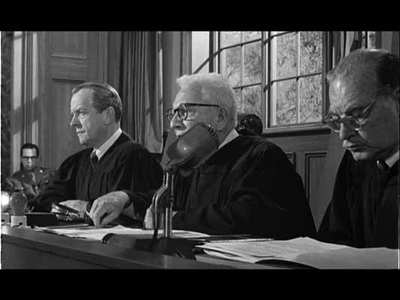
Video
Crisply presented in black and white this adds to dramatic feel of the film. How else would the white halo of the venerable Spencer Tracey be so clearly visible? Black and white also has the effect of placing the film in the past along with the grainy news footage, shown during the trial, of the liberation of the death camps.
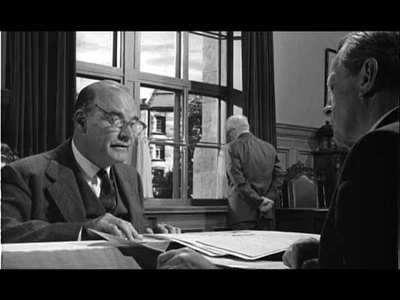
Audio
The scriptwriter Abby Mann went on to turn his screenplay into a play for Broadway. Maximillian Schell appeared as Ernst Janning. Indeed this film does make a better play because a lot happens in the courtroom. There are some scenes in Tracey`s house and a lot of footage of the bombed out Nuremburg.
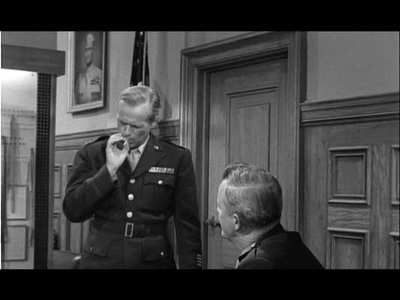
Features
Another film which is presented in its raw glory. There are no additions here simply another back catalogue issue for the Studio. Shame.
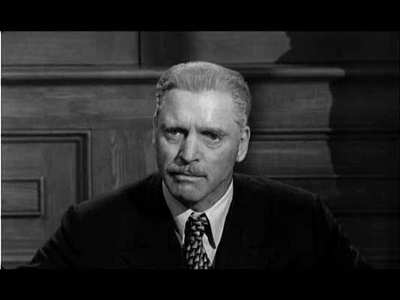
Conclusion
Although it makes some very good points about the nature of war and apportioning blame much of this film felt stagy. What have endured are the powerful performances of both Burt Lancaster and the then quite young Maximillian Schell. Lancaster plays Janning the Chief Justice who remains silent for much of the film. When he finally speaks it is a powerful performance. Schell is Janning`s defence lawyer who in attempting to defend the indefensible nearly makes the same mistakes as his predecessors. Spencer Tracey`s judge too is quietly reflective on the personal choices he must make above the needs of his own country.
Ostensibly fiction the film certainly uses facts and dialogue from the real trials and knowing this adds weight to story. The use of real footage from the death camps although clumsily introduced into the film still has the power to shock.
Not a holocaust film so much as a film about the rule of law and the duty of the individual to a higher law than that of his country.
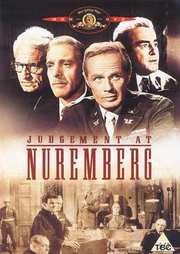
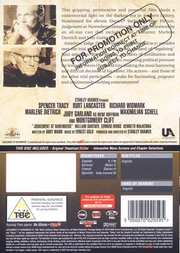




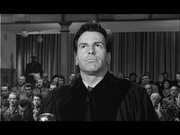
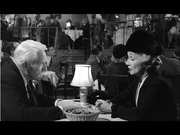
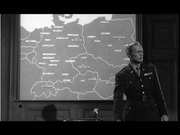
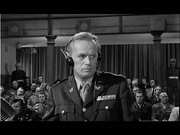
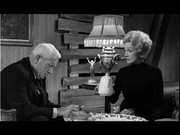
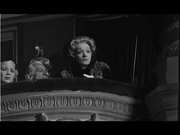
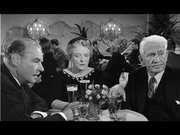
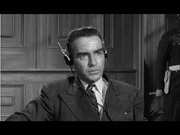
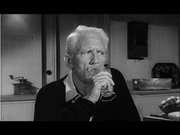
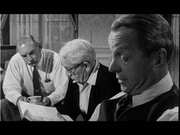
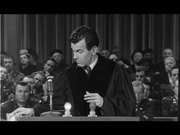
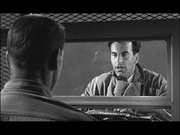
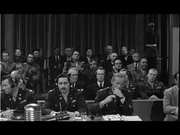
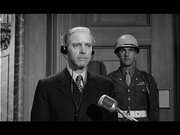
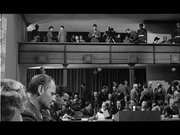
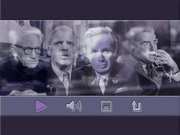
































Your Opinions and Comments
Be the first to post a comment!